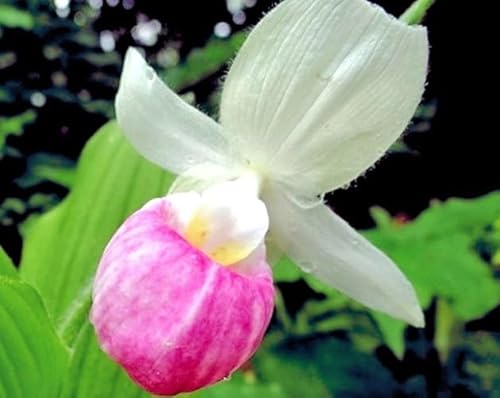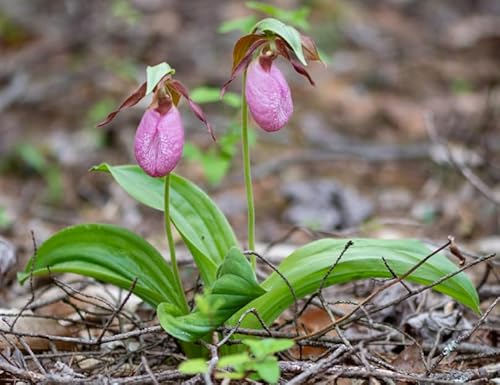"CITES! -- but maybe the problem isn't CITES, it is the US Government's interpretation, apparently, since other countries don't have this problem."
I think that you've hit the nail on the head there, Dot. It's really unfortunate; but, the US government has REALLY gotten anal about being the flower police and it's your civil liberties that are suffering because of it. Like other countries, Canada does not restict anything as long as they enter the country in flask. We use an interpretation of CITES that is more in line with the intension....to help preserve and protect wild plants by encouraging artificial propagation and wide distribution of desirable varieties. Therefore, flasks of all plants are exempt from CITES restrictions.
Unfortunately, as I understand it, the US government injects politics into their interpretation of CITES by saying that if the indigenous country has not specifically allowed the export of seeds, flasks or plants of a particular species, then, it is illegal for US growers to have them. The only way around this (I think), is when illegal plants or flasks are confiscated and the USDA decides to send them to a rescue centre, where eventually, they may be propagated and allowed to be legally distributed. However, that still means that you guys have to wait many years after the rest of the world has plants, to get your own legal plants.....and that puts your breeders and hybridizers at a competative disadvantage on the world stage.
As a Canadian, who doesn't have any difficulty in finding legal plants of any species that I want (because they are all legal - in flask), I have often wondered how and why the US government has gotten it's knickers in a knot about what flowers people grow.....especially when incoming flasks means that more is being done to preserve a species, which is the whole point of CITES. The whole idea of CITES is that if wild collected plants (which obviously cannot be put in flask), are not being exported from the country of origin, then, the only way for the rest of the world to get these plants is to encourage artificial propagation and the international movement of flasks....and that's a good thing from a preservation point of view. However, for some reason, the US government doesn't see it that way. I read a lot of complaints on this forum about plants being "illegal" in the USA...and it all seems so incredibly silly that you're all stuck with these rules. It's government out of control. I sure hope that you all get things changed. With all there is to do, you'd think that the government wouldn't spend so much money and resources on such foolish rules and enforcing them.
Just to emphasize, I'm not saying that I think it's okay to smuggle plants or bring in wild collected plants of CITES protected species. However, flasks are proof that the seedlings inside were never in the wild and since there will always be a market for desirble varieties (legal or not), it just makes sense to have a system in place that allows legal seedlings to trade in the international market, without impacting wild populations.












































